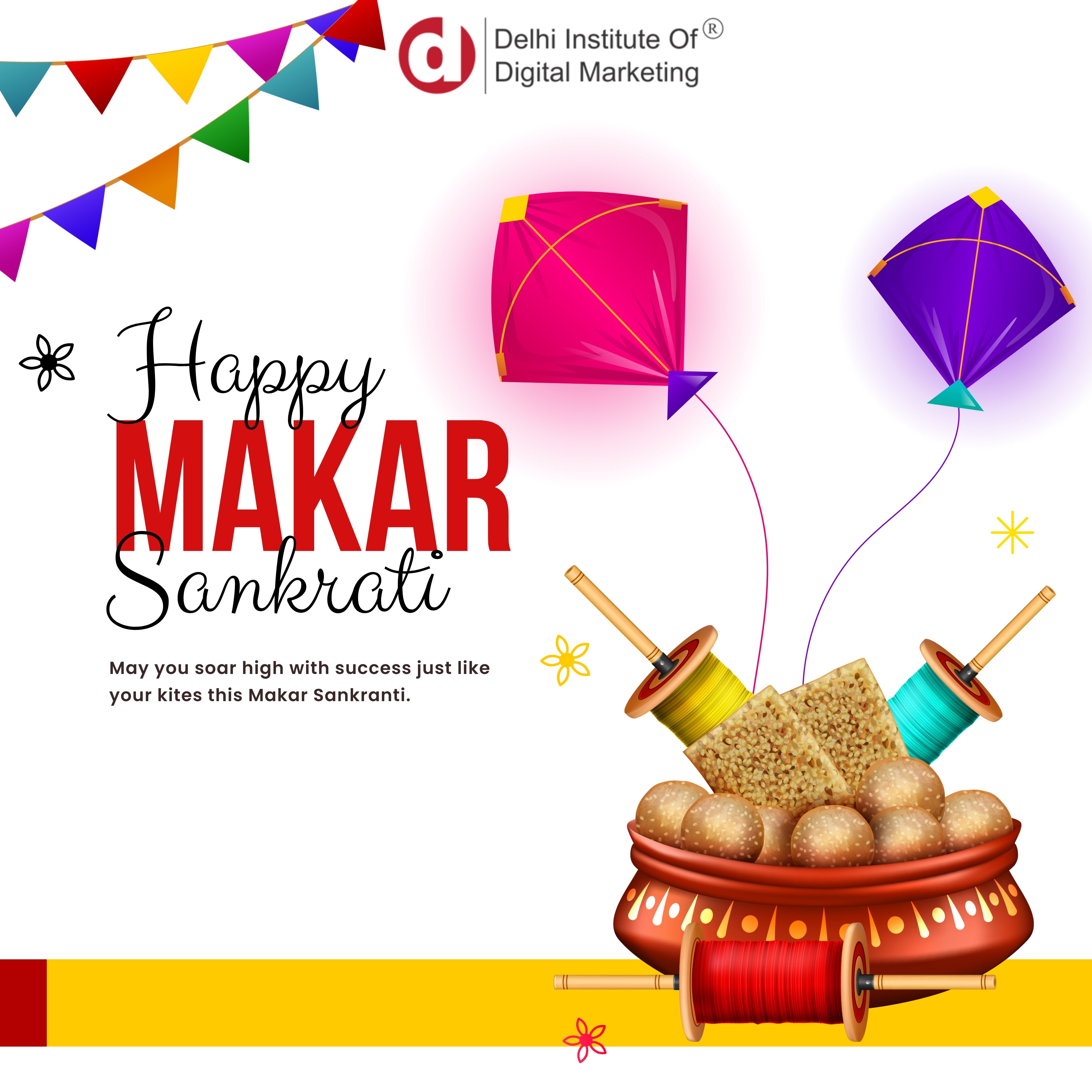Happy Makar Sankranti to all our readers from team DIDM.
This is a special time of the year when we celebrate the sun's journey into the northern hemisphere.
It marks the beginning of longer days and warmer weather, and it is a time to reflect on the past and look forward to the future.
It is also a time to get together with family and friends and enjoy traditional foods and festivities.
May this Makar Sankranti bring you joy, peace, and contentment.
Wishing you a very happy Makar Sankranti!
Through this piece of content, we aim to inform you concisely about the festival of Makar Sankranti.
Its regional names, what do we do on this day, and much more.
Makar Sankranti has a long history and has been celebrated for centuries.
It is believed to have originated during the Vedic period, with references to it being found in ancient texts.
The festival is also linked to mythology and is said to be celebrated in honor of the gods and goddesses.
It is also seen as a day of peace and renewal, as it marks the start of a new year.
Over time, Makar Sankranti has evolved to become a major festival in India, celebrated with great enthusiasm in many parts of the country.
The festival of Makar Sankranti marks the transition of the sun into the Makar Rashi, and it is celebrated with joy and enthusiasm all over the country.
While Makar Sankranti is celebrated under the same name throughout India, the festival has different names depending on the region.

In Kerala, it is known as 'Uttarayan'. In Tamil Nadu, it is called 'Pongal', in Andhra Pradesh it is known as 'Sankranti', in Karnataka it is called 'Makara Sankramana', and in Assam, it is known as 'Bhogali Bihu'.
No matter what it is called, Makar Sankranti is an occasion to celebrate the harvest season and mark the start of a new year.
On the day of Makar Sankranti, people traditionally fly kites, take baths in holy waters and donate to charity.
Here are some of the activities that people typically do on Makar Sankranti:
It is a common tradition to fly kites on Makar Sankranti. People make their own kites in a variety of colors and designs, and then take them out to fly in the sky.
Many people tie a ‘sacred thread’ around their wrist on Makar Sankranti. This is believed to bring good luck and prosperity.
People flock to rivers like the Ganges and Yamuna to take a sacred bath on Makar Sankranti. This is thought to bring physical and spiritual purity.
People eat special dishes like til-gul laddoos, which are made with sesame and jaggery. They are believed to be auspicious for this day.
As we celebrate the beginning of Makar Sankranti, team DIDM wishes you the very best of luck in the coming year.
May you find success and growth in all that you do.
May your hard work be rewarded and your dreams be realized.
May you be blessed with good health and peace of mind.
We hope that this year will bring you joy and fulfillment, and that it will be a time of positive growth for you.
We wish you nothing but the best of luck in the coming year. May it be a year of success and prosperity for you and your loved ones!